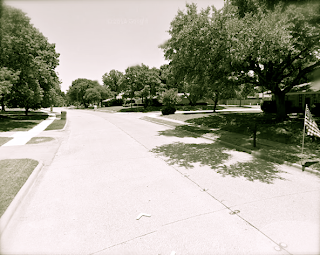Philosophers have sometimes talked about a country of liars, but before James Morrow no one has imagined a City of Truth. This first-rate satire postulates the discovery of a way to condition humans so that even the prospect of telling a lie becomes unbearably painful. Then he adds a secret underground of fantasy-enthusiasts, a child with an incurable, terminal illness, & a father who believes that only lies can cure him. (It's to Morrow's credit that they don't.)
The reader would expect a novelist to come down in favor of fiction. This work, however, offers something more nuanced. "I don't love the lies...but I don't hate them either," is the father's final reflection. It is clear that, as in the abortion-satire film Citizen Ruth, both sides can easily be made ridiculous. Still, from an Aspergian point of view, it would be as wrong to place lying & truth-telling on the same level, as myths & scientific accounts of causality. Ours is a society of lies. One of them is that it believes in telling the truth. Another, that it is not even possible to know the truth. On the one hand, an ethics without probity is empty; on the other, an epistemology without axioms is nonsense.
Such paradoxes hardly perturb the majority of Cretans, who lie at every opportunity & whose constant mutual gazes demand lying in return.
"nocitura toga, nocitura petuntur
militia" --Juvenal, Satire X.8-9












